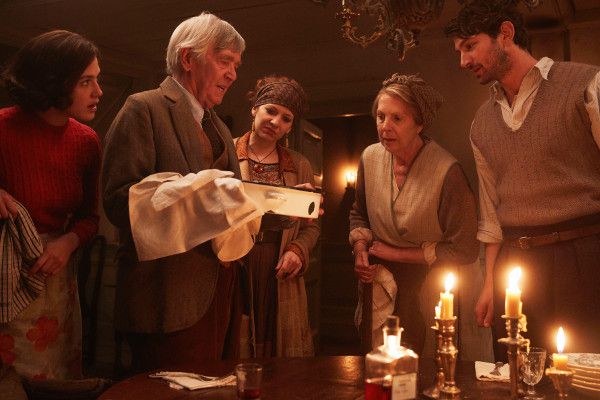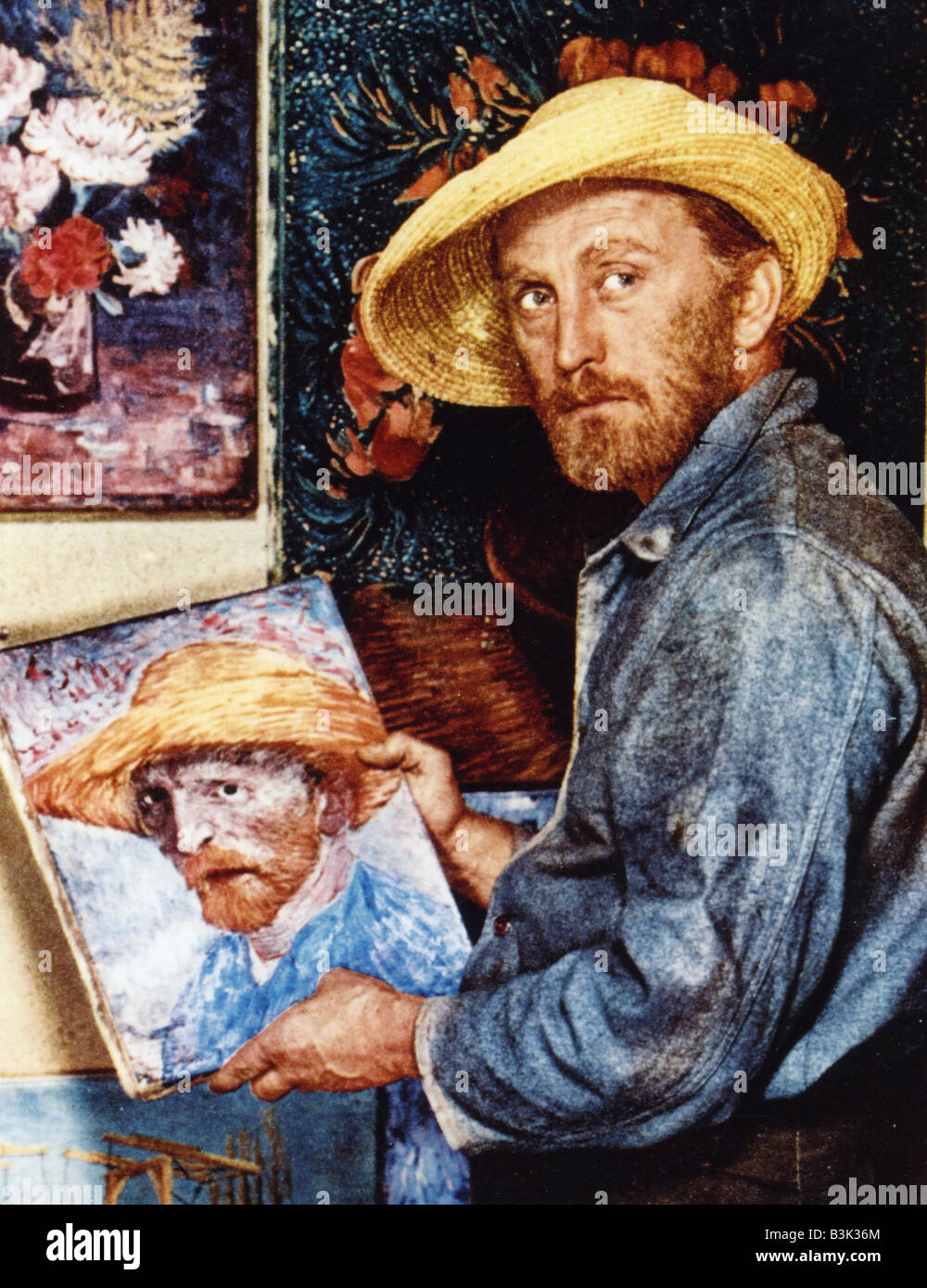 |
| I don't think we're at Downton anymore, Toto |
Through its portrayal of the fictional Guernsey Literary and Potato Peel Pie Society, the film showcases the all too real tragedy of the occupation of Guernsey while reminding us all of the universal power of books to shed light even in the darkest of times. Through the experiences of its eclectic cast of characters the film explores both the immediate and lasting effects of World War II in England ranging from poverty and wreckage to broken families and shattered lives. While the film conveys the horrors of both the London blitz and the occupation of Guernsey the script remains firmly focused upon not upon the atrocities committed by the Nazis but instead upon the resilience and courage of the British people. As a result, the film acts not as a bleak chronicle of the traumas of war, but instead as an inspiring testament to the ability of the human spirit to rise above that trauma.
 |
| Now that's my idea of a book club! |
The film also compellingly relates the power of books. For both Londoner Juliet and the residents of Guernsey books provide a refuge and a community. During the war both Juliet and the society look to literature for an escape from the outside world that is crumbling all around them. It is within the pages of books that they each find the hope, strength, and courage to carry on. For the society, books also provide a crucial sense of camaraderie and community amidst the isolation of occupation, which continues to bring them together after the war. It is this same community spirit that draws Juliet out of her solitude in London. Through the simple act of enjoying and sharing stories each of the characters is able to sustain their own inner light while inspiring one another to stand in solidarity against the darkness surrounding them. At once a tribute to the resilience of one group of people in the face of war and a universal tale of the power of literature, The Guernsey Literary and Potato Peel Pie Society is an inspiring story to share with your own community.
The film brings the best-selling novel it is based upon to vibrant life through the uniformly excellent performances of its ensemble cast. Lily James personifies loveliness as she aptly captures Juliet's warmth and intelligence. Michiel Huisman makes for an admirable hero as morally upright and self-sacrificing Dawsey. Jessica Findlay Brown is nothing short of inspiring as the passionate and courageous Elizabeth. Penelope Wilton movingly conveys the toll of war as the steely but damaged Amelia. Tom Courtenay and Katherine Parkinson are delightful in their comic turns as irreverent Eben and eccentric Isola.
The Guernsey Literary and Potato Peel Pie Society is compelling testament to the power of sharing both written and personal stories to bring and keep people together even in the most adverse of circumstances. A historical film with lessons that hold resonance today, the film takes viewers onto an enlightening journey into the hearts of its characters. Through an intelligent and emotionally resonant script and superb performances, the film weaves a masterful tale tat will remain with viewers long after the final credits fade. For an uplifting journey with inspiration to spare, enroll in The Guernsey Literary and Potato Peel Pie Society.





